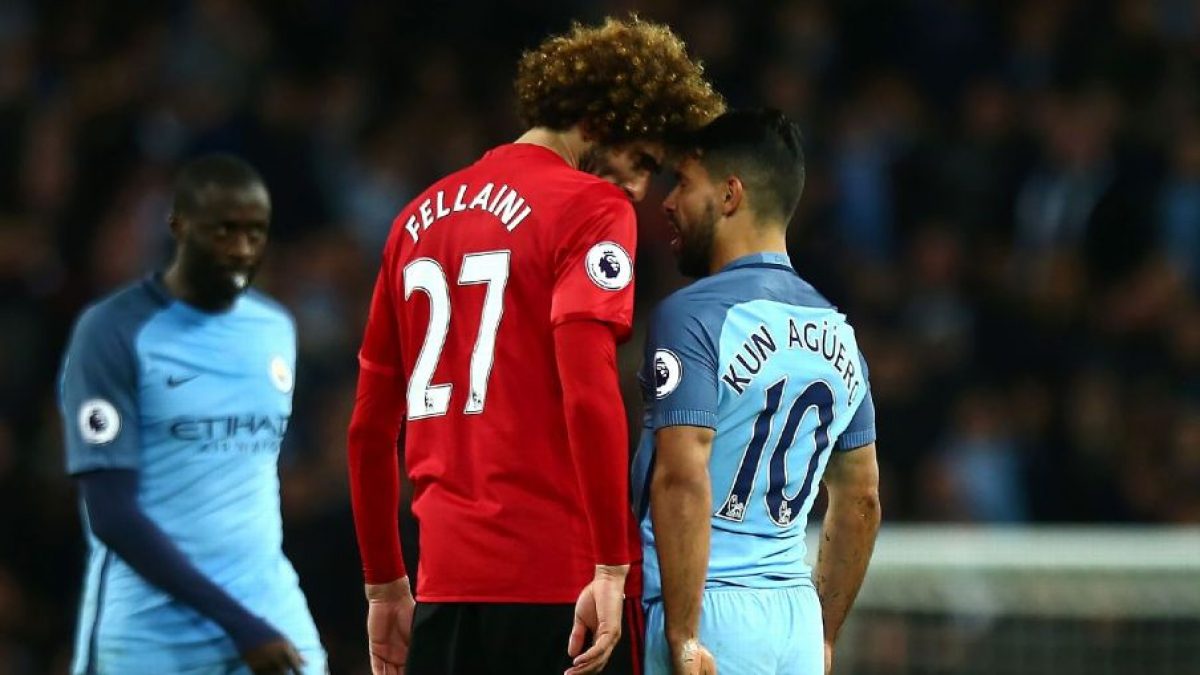Table of Contents
Manchester United dominated football in the 2000s, boasting the best players, competing for all titles, and enjoying the privilege of being one of the most elite clubs in the world. Come 2023, things are different. Everything we said about Manchester United is now true for Manchester City, which has inherited United’s mantle as the most dominant force in English football. With every passing day, the gulf in quality between the two clubs grows wider.
The most recent Manchester Derby only makes this difference in quality more evident. While the circumstances may have been dire, losses like Manchester United’s highlight the team’s need to reassess their situation and brainstorm for solutions.
Relevant History of the Derby
2017 is when City truly switched gears and became a team that regularly and consistently torments the top division of English Football. Since then, Manchester City have won 11 of the 18 contests between the two sides, with the Red Devils only winning 4. In addition, City has scored more goals, cementing their status as the far superior side. An even better indication of United’s chaotic nature in the last 6 years is the fact that they have had 5 managers since 2017, meaning that they have had more managers than wins against Manchester City.
Manchester United: A Club in Transition
Riddled with the Glory of years gone by, the Red Devils have struggled to find an identity for themselves. The fans have been promised a change for a long time, but results on the pitch and decisions off the pitch make change look like a distant reality. The Glazers seem to be more interested in earning a profit rather than setting up the club to succeed and the resultant lack of a Sporting Director makes player arrivals and departures look erratic and borderline amateurish.
When you contrast all of this with City, the on-pitch performances become more easily explainable. When Pep Guardiola, the Manager, was asked about Manchester City’s success, he said, “We are in the same direction… Me, the CEO, also the sporting directors, the chairman. That is why I think the club is so stable”. Cohesion between different levels of Management is key not just in a football club but in all business organisations. The answer also makes it seem like Pep equates Stability to Success and in that sense, it is obvious why United haven’t seen a lot of sporting success since Alex Ferguson’s departure.
It is difficult to imagine that Manchester United of the “Fergie Era” is the same club as Manchester United of today. Alex Ferguson was an incredibly demanding and meticulous manager but with a knack for building relationships with the players and training staff. Ferguson’s ability to bring an air of stability and continuity into any situation is also one of the reasons for his success at the club. Additionally, the board of directors and the management were always willing to work with Ferguson. Man-management, Stability and Continuity are all important things that the club needs right now.
Can United Return to Parity with City?
Football’s dynamism challenges clubs and players as it evolves. United suffered a decline after their legendary manager left. Who’s to say Manchester City won’t follow suit?
Even though Manchester United should not compare themselves to Manchester City to measure their success, they must still focus on winning trophies and championships. To achieve this, they need to create a management hierarchy where everyone puts the club’s goals first. The first and foremost goal of the club should be to emphasize Stability.
